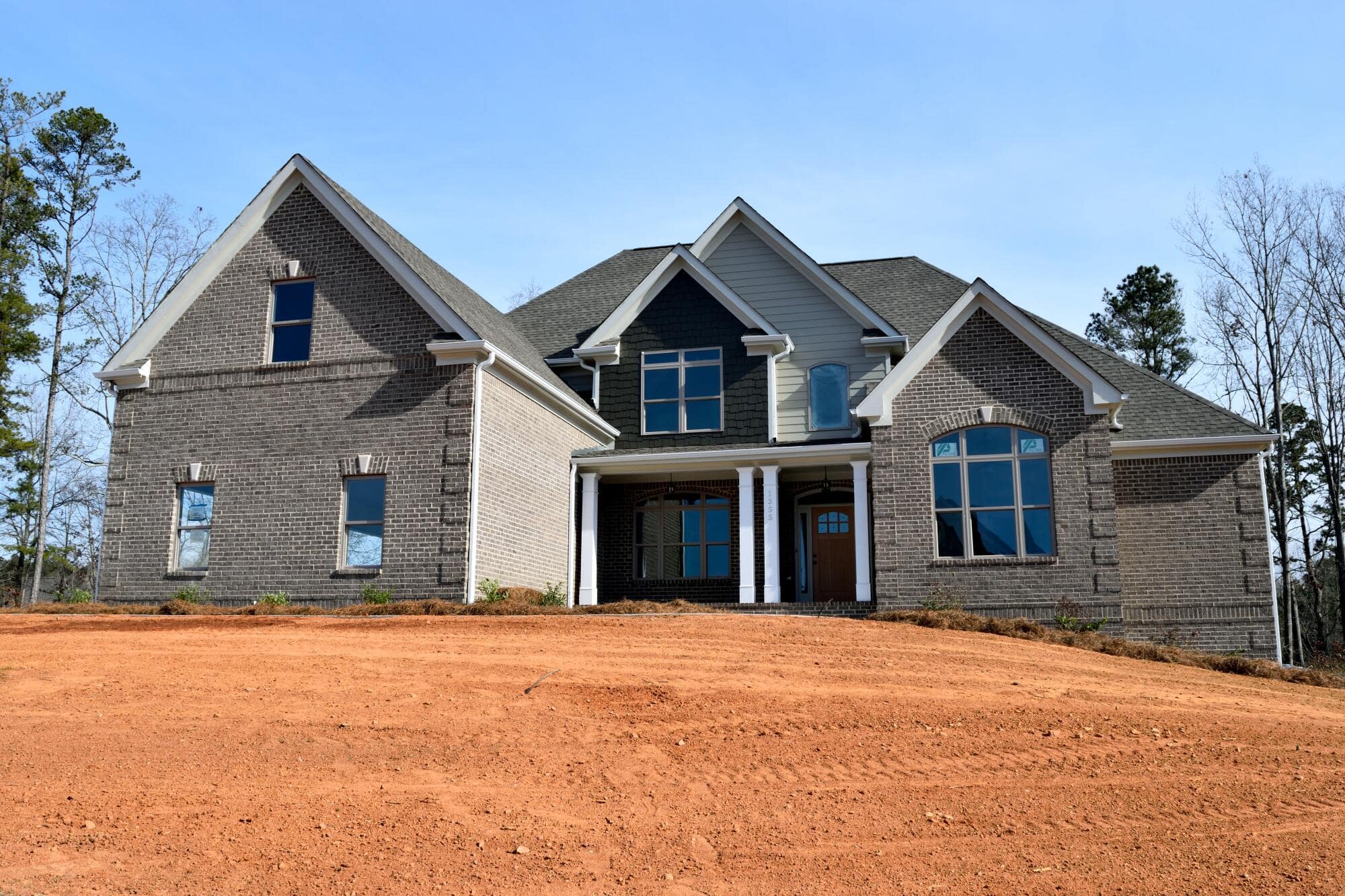When you first become a real estate owner, you might want to take care of landlord responsibilities yourself. But as time goes on, you might consider getting a property manager to take care of your properties.
While both landlords and property managers are involved in overseeing rental properties, their responsibilities, obligations, and relationships with tenants differ significantly.
In this article, we'll delve into the key differences between landlord vs property manager to provide clarity on their respective roles and contributions to the rental property management process.
Landlord
A landlord is the owner of a rental property who leases or rents out the property to tenants in exchange for rent payments. The landlord holds legal ownership of the property and is responsible for maintaining the property, ensuring compliance with local housing laws and regulations, and addressing tenant concerns and issues. Some key responsibilities of landlords include:
Property Ownership
Landlords own the rental property. Thus, they have legal rights and responsibilities associated with property ownership, including property taxes, insurance, and mortgage payments.
Lease Agreements
Landlords are responsible for drafting and executing lease agreements with tenants. They outline the terms and conditions of the rental arrangement, including rent amounts, lease duration, and tenant obligations.
Property Maintenance
Landlords are responsible for maintaining the rental property in a habitable and safe condition. This includes repairs, maintenance, and addressing health and safety concerns.
Rent Collection
Landlords collect rent payments from tenants. They ensure timely payment of rent in accordance with the terms of the lease agreement.
Tenant Relations
Landlords interact directly with tenants to address questions, concerns, and issues related to the rental property. This includes maintenance requests, lease renewals, and disputes.
Property Manager
A property manager is a professional hired by the landlord to oversee the day-to-day operations and management of rental properties on their behalf. Property managers act as intermediaries between landlords and tenants, handling various administrative, operational, and tenant-related tasks. Some key responsibilities of property managers include:
Tenant Screening and Selection
Property management services are responsible for screening prospective tenants and conducting background checks. They would also verify employment and income, and select suitable tenants for the rental property.
Rent Collection and Financial Management
Property managers collect rent payments from tenants and enforce lease terms. They handle financial matters such as rent increases, late fees, and security deposits.
Property Maintenance and Repairs
Property managers oversee maintenance and repair activities for the rental property. This includes routine inspections, repairs, and addressing maintenance requests from tenants.
Lease Enforcement and Evictions
Property managers enforce lease agreements and handle lease violations. They initiate eviction proceedings when necessary, in accordance with local landlord-tenant laws and regulations.
Tenant Relations and Communication
Property managers serve as the primary point of contact for tenants. They address inquiries, concerns, and issues related to the rental property, and maintain positive tenant relations.
Landlord vs Property Manager - Understand the Difference
Now that you understand the difference between landlord vs property manager, you can discern if you should be hiring a property manager for your properties or not.
Consider Avalon Realty and Oaktree Management in Las Vegas to lessen the burden on your landlord shoulders. We have been committed to helping landlords increase the value of their assets since 1993. Contact us to learn more about our services.






 Bonnie is the visionary that has driven the company and culture of Avalon since 1993. Her passion is improving procedures and practices; incorporating technology and value added services for both our clients and tenants.
Bonnie is the visionary that has driven the company and culture of Avalon since 1993. Her passion is improving procedures and practices; incorporating technology and value added services for both our clients and tenants.